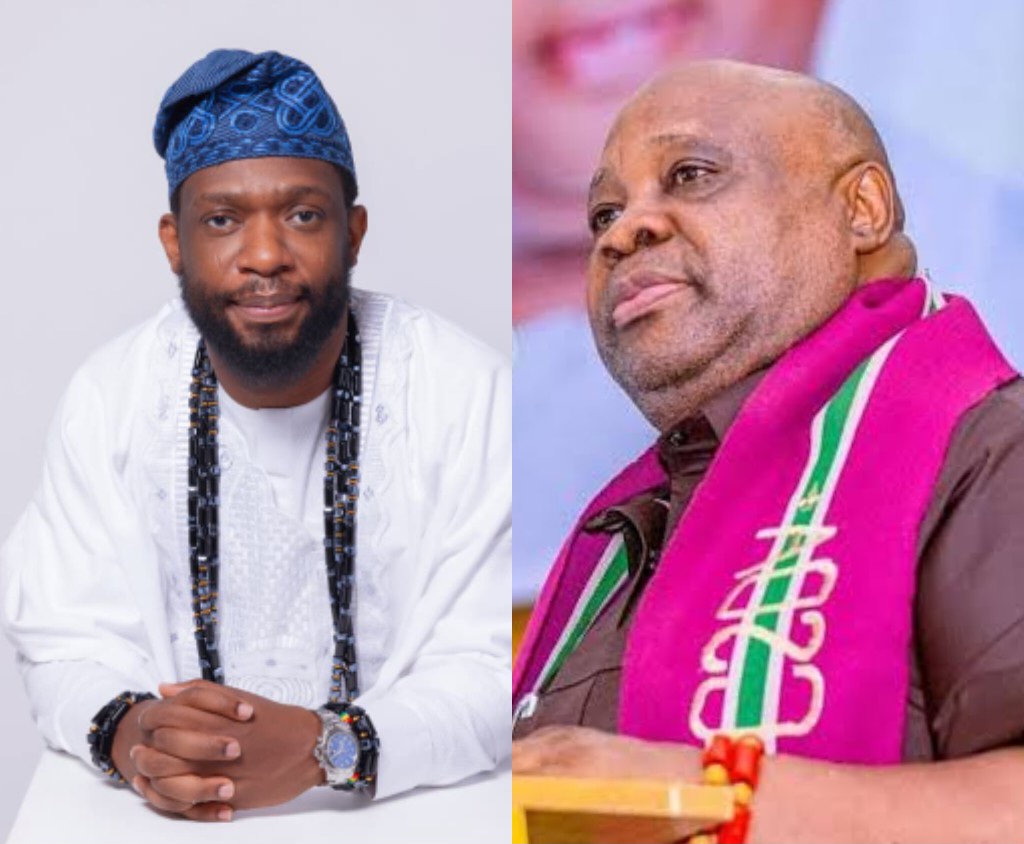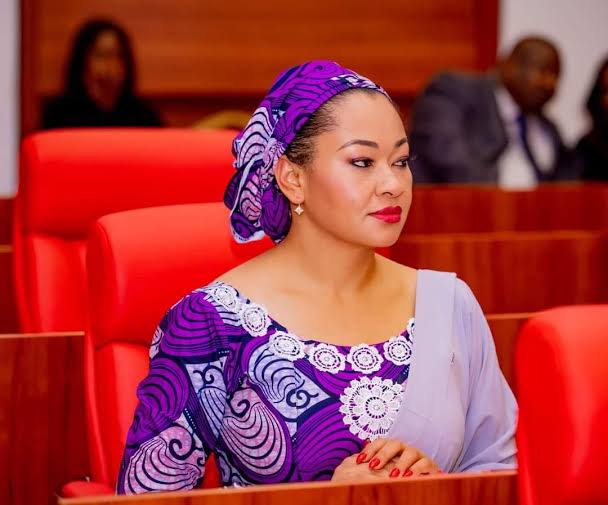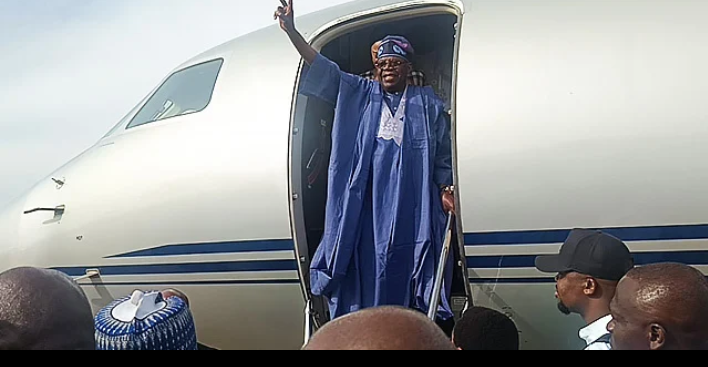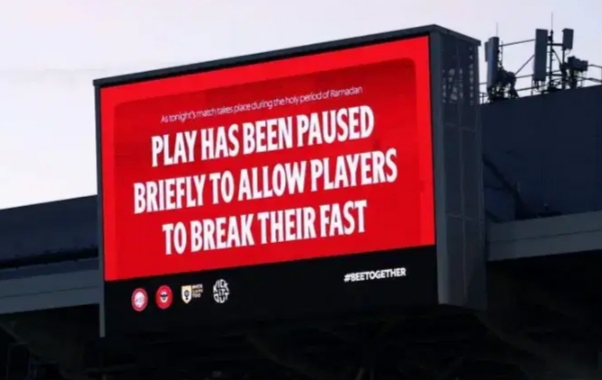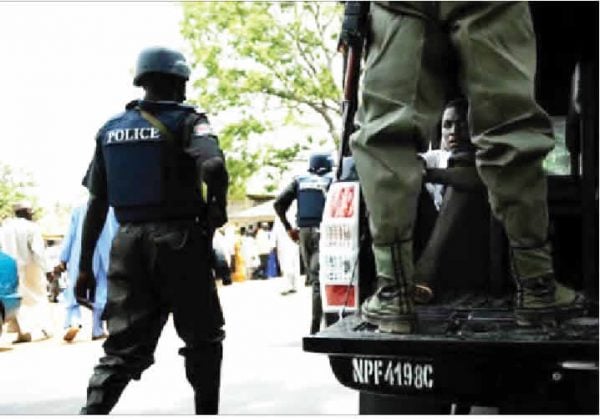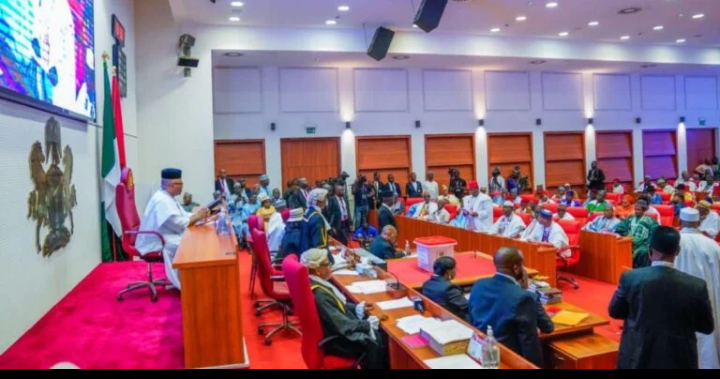*Fuel Subsidy Removal: Why Now! Why So Early? What are the measures in place?*
Let me first start by congratulating you on your inauguration as the 16th President of the Federal Republic of Nigeria.
I write to you today as a concerned citizen of Nigeria, a country that boasts the highest population in Africa, with over 220 million people. The main purpose of this letter is about the fuel subsidy removal.
While it is true that no nation can sustain the payment of 400 billion naira monthly to subsidize fuel (according to Nigerian National Petroleum Company Limited), subsidy removal at this time is problematic and worsens the hardship Nigerians are facing.
On January 1, 2012, Goodluck Jonathan, the former President of the Federal Republic of Nigeria announced the removal of fuel subsidy but the masses kicked against the removal in a massive nationwide protest.
The Jonathan-led administration argued that the removal of petroleum subsidy would free up funds for other public services, including health and infrastructure projects, and the liberalization of the fuel industry would benefit the economy. They also argued that the primary beneficiaries of the subsidy were the wealthy, who used more fuel than the poor, and wholesalers who made a profit selling subsidized fuel out of the country.
The two largest unions in the country, the Nigerian Trades Union Congress and the National Labor Congress also joined the strike. The Nigerian Medical Association and the Nigerian Bar Association offered their support, as did a number of other unions. Many of the protesters began referring to their campaign as “Occupy Nigeria.”
On 9 January, the general strike began, with oil and gas workers joining the strike. When the pressure grew higher, President Jonathan set up a panel to oversee the funds freed up by the removal of the fuel subsidy. The strike then nearly completely shut down oil fields and oil production.
On 16 January, 2012, President Jonathan responded to the pressure by partially reinstating the fuel subsidy. The original price of fuel per liter was 65 naira, the price of fuel fell to 97 Naira per liter which was substantially less than the 141 naira after the subsidy was removed. The unions called off the strike.
It is also on record that your Excellency kicked against the removal of fuel subsidy during Jonathan’s administration, “If a subsidy must be removed at all, it must never be at one fell swoop. It must be on calibrated phases on which the promised gains are measured and confirmed before moving to the next phase of removal. Government must modify the sudden and complete removal of the subsidy. Either we restore the subsidy or use the funds for other social purposes”. You further say that “Removal of oil subsidy-President Jonathan breaks social contract with the people”.
Without putting necessary measures in place, fuel subsidy removal will cause inflation and reduce economic welfare in the country, it will hurt economic growth and reduce household income.
I will advise the President to put on the necessary measures before removing the fuel subsidy.
*Oluwadamilare Omotosho writes from Ede, Osun State.*
Advertisement

